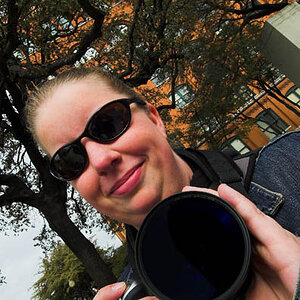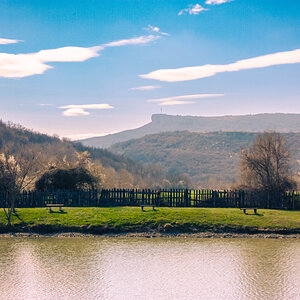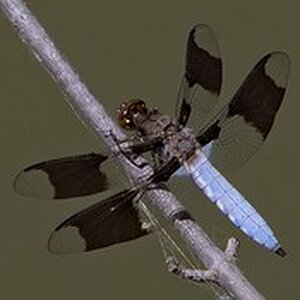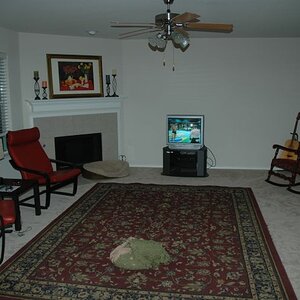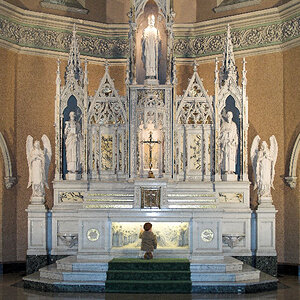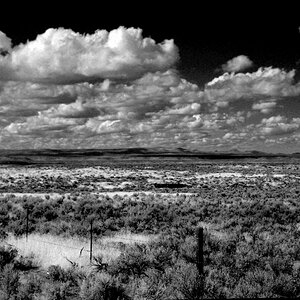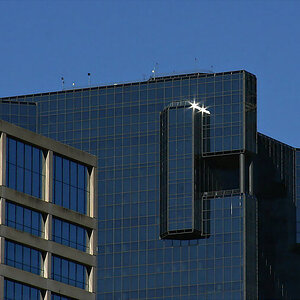also, i am just getting into this so i dont want to spend TOO much money yet seeing how im finishing up college and when i land that career then! just then! could i get a pricy set up.
i appreciate all the help though! and whatever other opinions you have let me know.
i appreciate all the help though! and whatever other opinions you have let me know.



